
到婚礼去
[ 文学 ]
作者:[英]约翰·伯格
1
0
推荐者:百科书库 2023-04-19 22:58:18
本书简介
- 作者:[英]约翰·伯格
- 出版社:广西师范大学出版社
- 出品方:理想国
- 原作名:TotheWedding
- 译者:郑远涛
- 出版年:2019-10
- 页数:272
- 定价:52.00元
- 装帧:精装
- 丛书:理想国约翰·伯格作品
- ISBN:9787559820082
Father and mother, separated by distance, travel across Europe to attend their daughter's wedding. Nino, the young and vibrant bride, falls in love with Italian man Guido, but at just 23 years old, she will die of AIDS. As the wedding approaches, Nino and Guido's story unfolds. On the day of the wedding, they dance together, seemingly tireless and eternally happy, as if death can never touch them. "This Is How You Lose Her" is a story of immense heartbreak, soaring hope, and love conquering death.
It is one of the greatest and most honest love stories of our time, doing everything that great literature should do - bringing us to life within bodies, stories, histories, and geographies that are not our own. Through imagination, we are given a new life. If I ever have to pack up and hide away my books somewhere, this book will never be put in a box. I will carry it with me wherever I go. - Colum McCann, Winner of the International IMPAC Dublin Literary Award
A lyrical poem of greatness, sorrow, and tenderness; a novel where community and compassion come together in a whirlpool that overcomes fate and death. Wherever I am in the world, I know I will carry this book with me. - Michael Ondaatje, author of "The English Patient"
Of all his novels... "This Is How You Lose Her" is the one that most moved me, which is hard to explain in merely technical terms. This is a novel about AIDS, written in 1994. I associate it with a pact with Sontag. Berger exchanged frequent letters with her and her influence affected both their writings on photography. She published "AIDS and Its Metaphors" in 1989, and it was a particularly urgent topic at that time. When Berger was writing this book, a member of his family was diagnosed HIV positive and he ended up being the primary caregiver, giving him a different perspective. - Tom Overton, author and editor of John Berger's biography
Excerpt: "Do you know the Doors?" She shook her head. "Jim Morrison?" "No, who's he? Tell me about him." Begrudgingly, I began to recite in my rusty English: "Strange days have found us/ Strange days have tracked us down./ They're going to destroy/ Our casual joys./ We shall go on playing/ Or find a new town..." "Tell me again, slowly," my mother demanded. And then she looked at me for a long moment. After a pause, she said something I immediately wanted to write down in my journal. She said, "You—the young people—you will never have the kind of future we had to sacrifice everything for!" In that moment, I felt closer to her than I ever would to my sister. Later, on the streetcar, we cried on each other's shoulders for a while. She touched my ear the way boys at school tried to touch me. - (P25)
"Everything depends on the way in which you lean. If an object on wheels wishes to turn or change direction, it creates a centrifugal force. According to the law of inertia, which always tries to save energy, this force tries to return us to a straight line when we're turning. Under conditions of spin, the straight line movement requires less energy, so our struggle begins. We lean our weight into the turn and thus alter the centre of gravity of the motorcycle, which can counteract centrifugal forces and the law of inertia! Birds do it in the air, except they aren't travelling—the air is the only home they have!" my dad said. (P62)
For two centuries we believed that history is a path leading towards an unknown future. We thought we were the exception. As we walked along the picture gallery of the former palace, surrounded by all those painted massacres, deathbed scenes, and severed heads lying on platters, framed and hanging on walls, we told ourselves we have come a long way—of course not so far as to be beyond sympathy—but far enough to know that we have gone beyond it all. People live longer now. There's anesthetics. We've been to the moon. There are no longer slaves. We explain everything with rationality, even Schumann's madness. We don't accuse the past of horrors because they happened in a period of darkness. Suddenly, we find ourselves at a place where there's no path, like a storm petrel perching on a reef in the dark. (P170)
作者简介
约翰·伯格(JohnBerger,1926-2017),英国艺术评论家、小说家、画家和诗人。1926年出生于伦敦,伯格以小说、短篇小说集以及非虚构作品闻名于世,其中包括多部艺术批评著作。他的作品形式创新,具有深远的历史和政治洞察力。他的第一部小说《当代画家》(APainterofOurTime)出版于1958年,之后,他的著作包括:《观看之道》(WaysofSeeing),小说三部曲“他们的劳作”(IntoTheirLabours),以及1972年获得布克奖的小说《G.》等。1962年,伯格永久迁出英国,在法国阿尔卑斯山区的小村庄定居。2017年,伯格于法国巴黎郊区的家中逝世,享年90岁。郑远涛,毕业于广东外语外贸大学英文学院,英文译者,第30届、第31届梁实秋文学奖翻译类评审奖得主。译作包括《奥古斯都》(Augustus...
相关推荐
要是沈从文看到黄永玉的文章
“如果沈从文能够看到黄永玉的文章,那么这个假设并不是只针对已离世的人,它对于当今社会的活着的创作者们同样具有极其现实的重要性。”本书围绕黄永玉的自传体长篇小说《无愁河的浪荡汉子》展开,收录作者张新颖的 张新颖 2023-04-19 13:47:30树语
"树语"是理查德·鲍尔斯创作的一部小说,获得了2019年普利策文学奖和美国国家图书奖。此外,它还被提名布克奖和福克纳奖,获得2020年意大利雷佐里外国小说奖、美国国际笔会奥克兰卓越文学奖和美国艺术文学 [美]理查德·鲍尔斯 2023-04-19 13:48:55光明世纪
卡彭铁尔的代表作《光明世纪》是一部气势恢宏的“新巴洛克主义”典范之作。阿来曾评价:“《光明世纪》的里革命是充满激情的,是富于献身精神的,闪烁理想主义的灿烂光芒,生命原始活力的光芒。”马尔克斯读完此书, [古巴]阿莱霍·卡彭铁尔 2023-04-19 13:51:38时间之战
★卡彭铁尔的短篇小说代表作《时间之战》,共收录十篇作品。★作家用达利油画般的质感和巴赫音乐式的结构,建造了十座关于神话、寓言、政治等不同主题的华丽繁复的巴洛克宫殿。★这些短篇小说形式奇崛瑰丽,格局宏大 [古巴]阿莱霍·卡彭铁尔 2023-04-19 13:52:59琥珀中的生命
《琥珀中的生命》是一次有趣的中国本土科幻探索,以科幻的视角重新想象山川、风物、民俗,向我们展示了全新的世界。除了科学和未来,科幻还探索着我们的历史和身份。这本书是一次实地考察科幻创作的难得机会。刘慈欣 未来事务管理局编著/劳伦斯•M.舍恩/德里克•昆什肯/娜奥米•克雷泽/卡罗琳•艾维斯•吉尔曼/弗兰• 2023-04-19 13:54:24龙的呼吸阀
《龙的呼吸阀》是中国本土科幻小说的有趣探索,以科幻的视角对山川、风物、民俗进行全新想象。这本书不仅仅关注科学和未来,还关注我们的历史和身份,这是一本实地踏访科幻创作的难得之作,得到了刘慈欣和韩松的诚意 未来事务管理局编著/江波/赵垒/梁清散/糖匪/苏莞雯/昼温/靓灵 2023-04-19 13:55:40路边野餐
【故事简介】外星人神秘造访地球后离去,留下六个高辐射、高污染的造访区。二十多年来,凡接触者,或皮肤剥落而死,或生下畸形怪胎。僵尸纷纷从附近的墓地中爬出,游荡在人间。可仍有一些人,为了生计游走在杀机四伏 [俄]阿卡迪·斯特鲁伽茨基/[俄]鲍里斯·斯特鲁伽茨基 2023-04-19 13:58:39© 2023-2025 百科书库. All Rights Reserved.


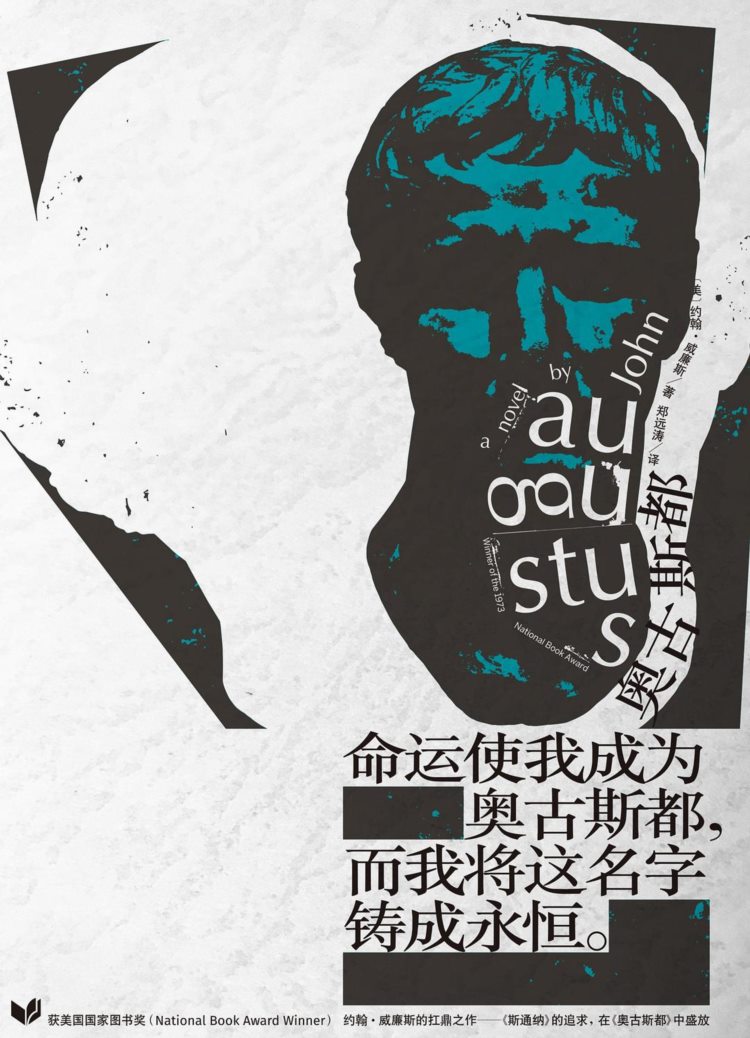


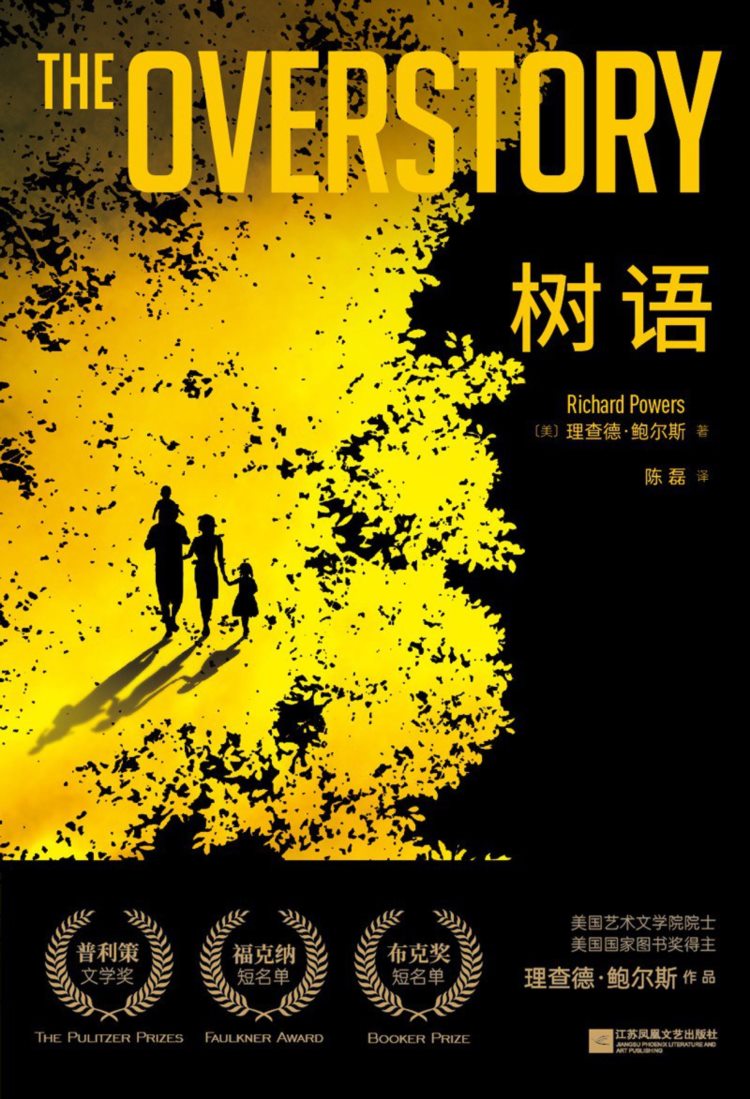
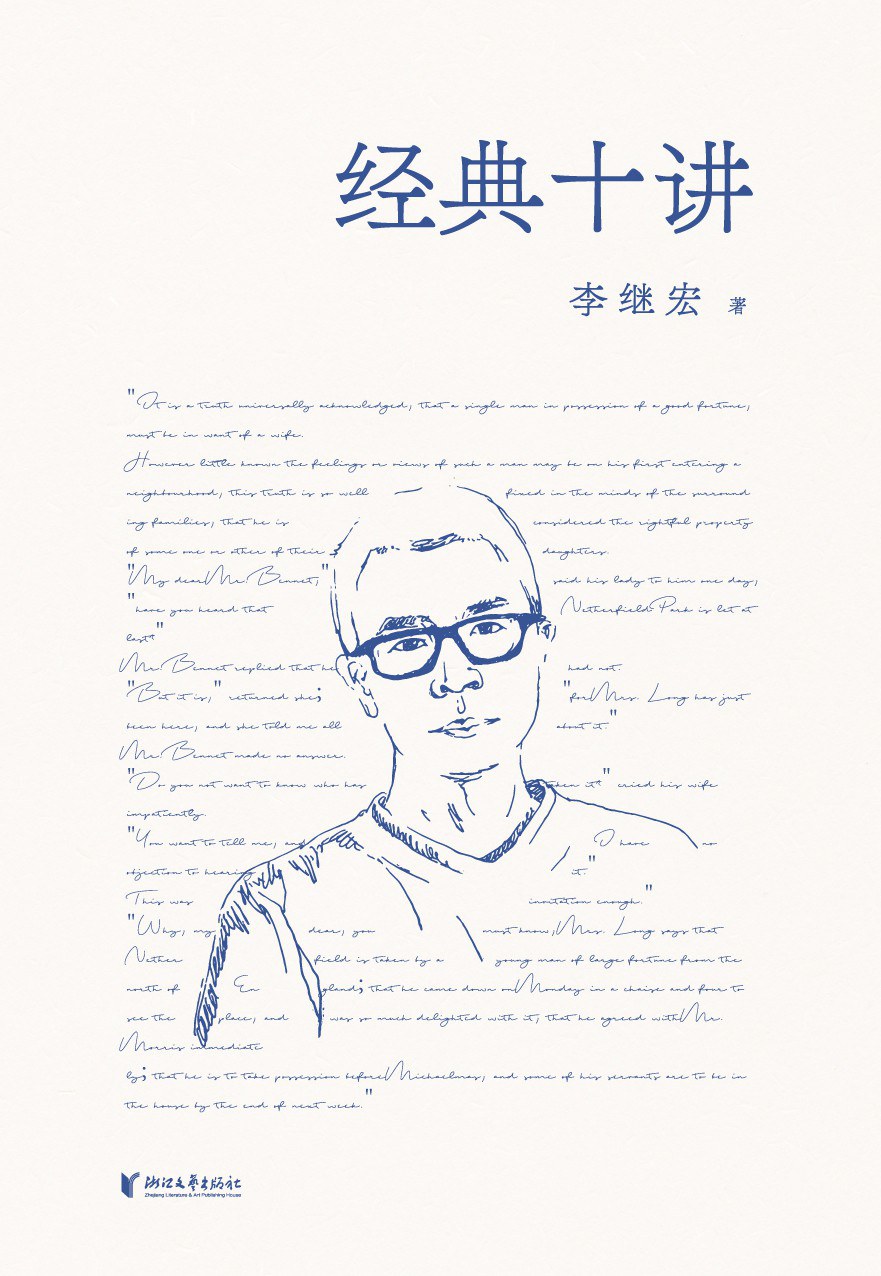
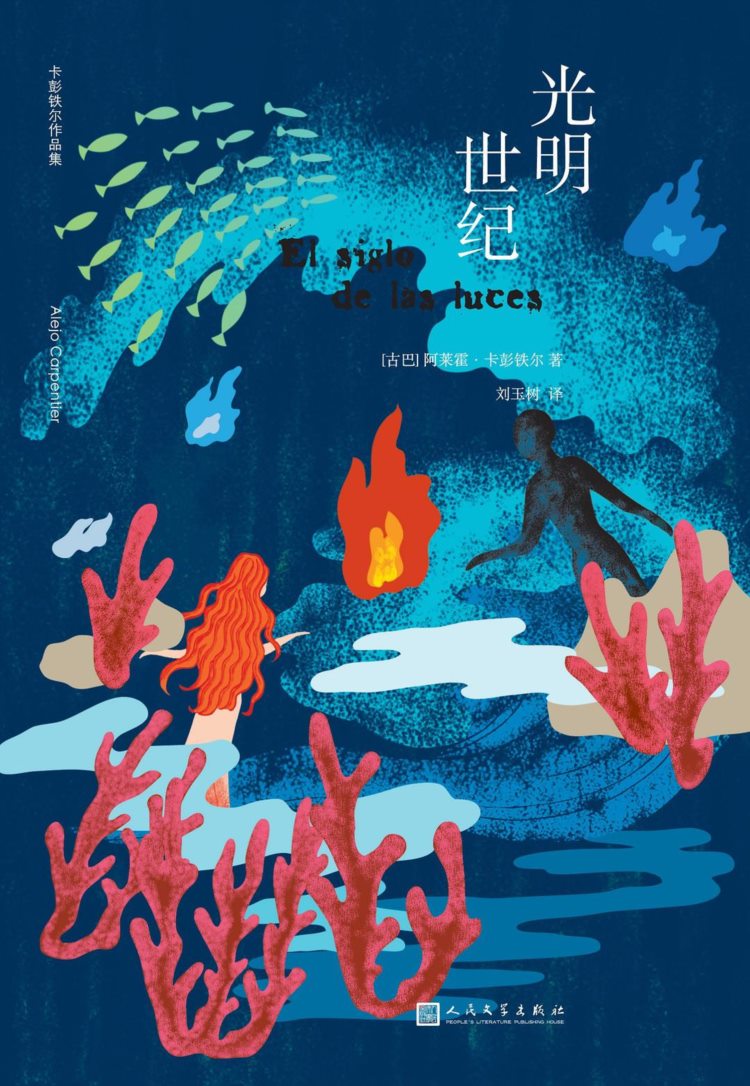



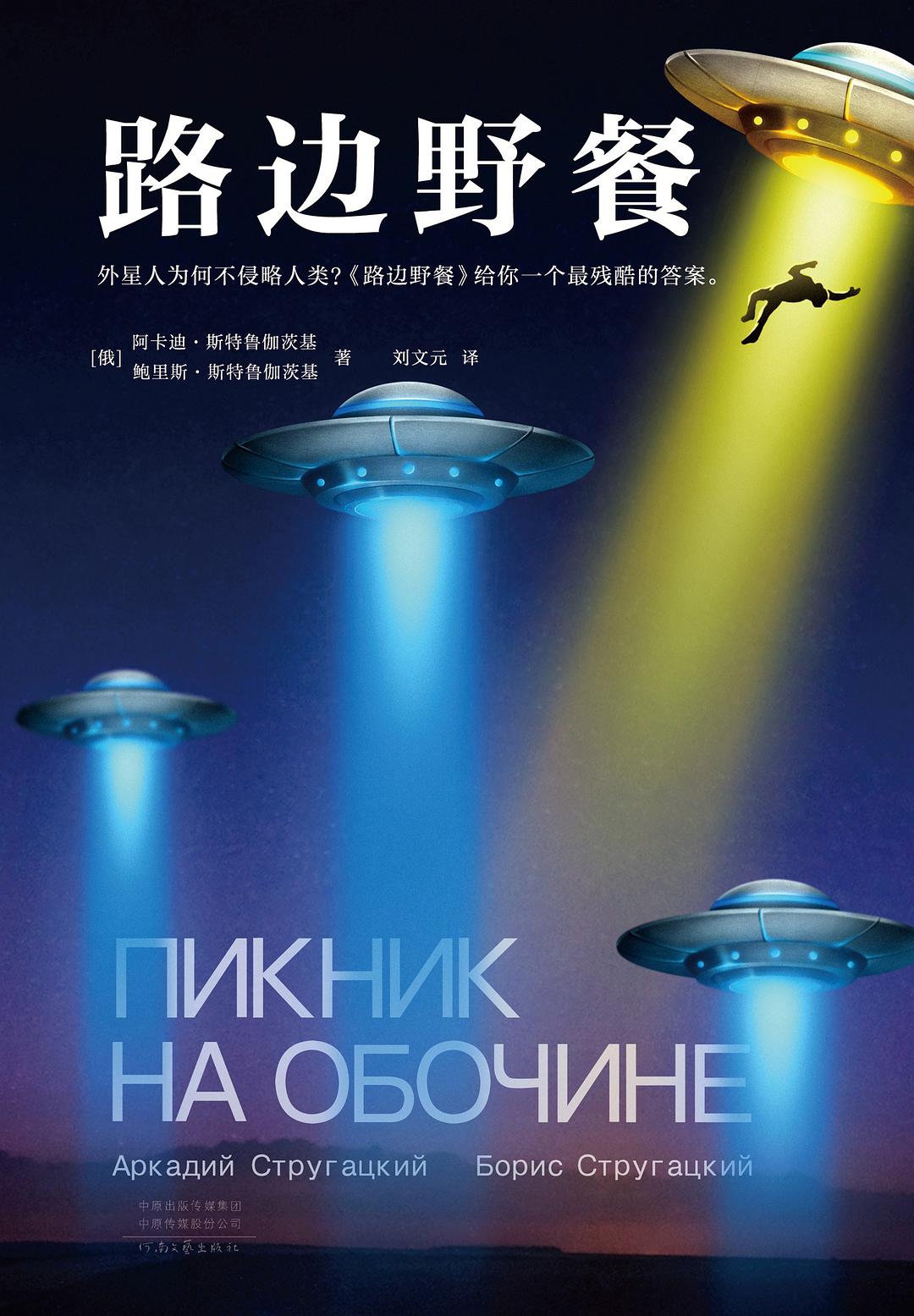
发表评价